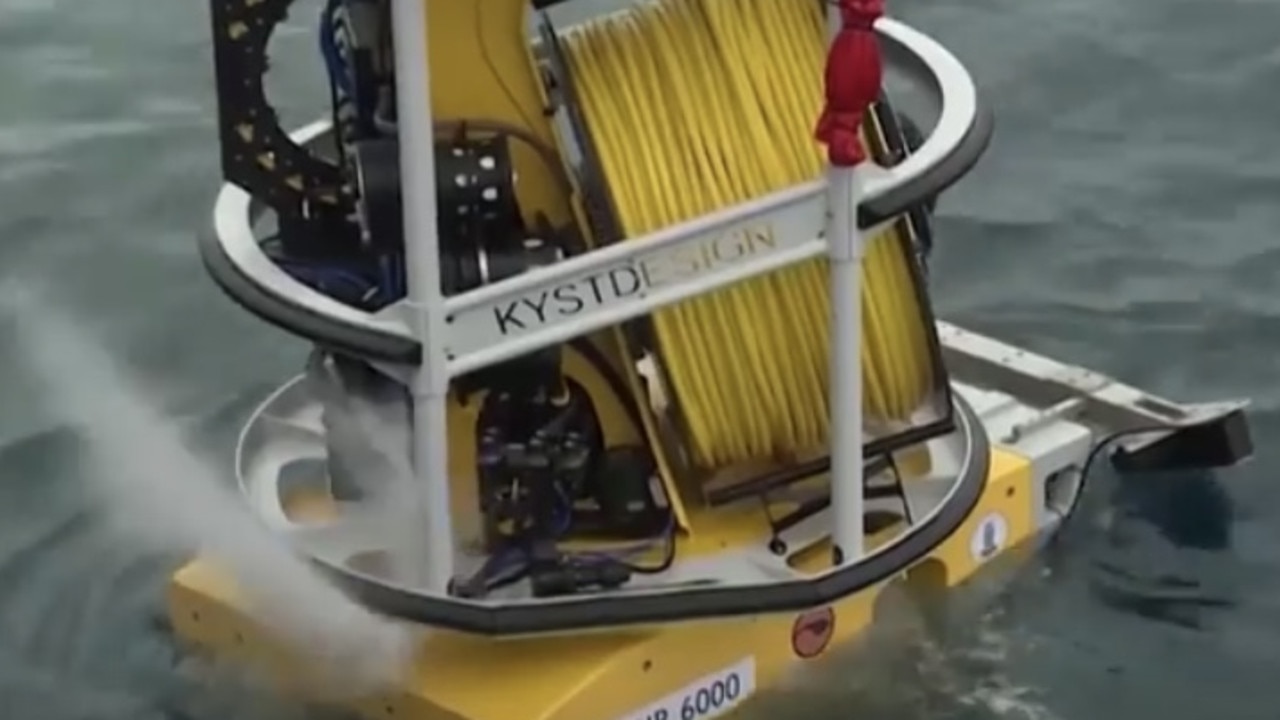Clive Palmer loses bid to stymie company
CLIVE Palmer has failed in a costly legal bid to suspend or terminate the largest Chinese project in Australia.
CLIVE Palmer has failed in a costly legal bid to suspend or terminate the largest Chinese project in Australia, an iron ore development that employs more than 2500 people and has so far cost its overseas investors more than $7 billion.
West Australian Supreme Court judge James Edelman found in favour of the Chinese companies, in a judgment released yesterday. Last week, he slammed the efforts of Mr Palmer's private company, Mineralogy, saying its legal case looked "very close to an abuse of process".
The case, which revolved around a potential loss for Mineralogy of $15,000, is seen as a preliminary warm-up bout for a major court battle to determine whether Mr Palmer has lost or retained a right to royalty payments of hundreds of millions of dollars from CITIC Pacific, a Chinese company that ultimately answers to the President of China.
A trial for the major court case could take two years, leaving Mr Palmer -- the head of the Palmer United Party, which will hold the balance of power in the Senate from July 1 next year -- not receiving significant funds. Mr Palmer has already made hefty provision for the funds in Mineralogy's accounts.
Senior counsel for the Chinese companies Charles Scerri SC described one possible outcome of the litigation as "armageddon". Justice Edelman said such a scenario would mean that "no royalties would be due to Mineralogy", and the entirety of the agreements with the project's developers would not be enforceable.
In his judgment, Justice Edelman said: "The manner in which the hearing of this application was conducted is a matter of concern. The legal fees on this application must have vastly exceeded the potential loss to Mineralogy of $15,000 to $25,000.
"Nearly 1000 pages of affidavit evidence were filed. At the hearing, almost every imaginable point was taken by Mineralogy including challenging whether (CITIC Pacific and its subsidiary companies) had any prima facie case in their defence of the multi-billion-dollar litigation.
"In the context of a multi-billion-dollar project, the extremely disruptive effect of a purported suspension or termination is self-evident."
Justice Edelman ruled that Mineralogy should be restrained from purporting to suspend or terminate the multi-billion-dollar project until after the conclusion of the yet-to-be-heard major court case.
CITIC Pacific and its subsidiaries Sino Iron and Korean Steel, which have so far spent more than $7 billon to develop the iron ore from Mr Palmer's tenements in the Pilbara, faced having to walk away from the project if they had not been successful in the Supreme Court.
The Chinese companies received a "default notice" from Mineralogy on July 26, triggering the response to stave off a potential shutdown of the project over what Justice Edelman described as a "minuscule" sum.
In granting the Chinese companies an injunction, Justice Edelman said their "prima facie case that the (Mineralogy) default notice was invalid" had sufficient strength.
Justice Edelman told Mineralogy's lawyers their case "appeared to have more than a degree of unreality".
A CITIC spokesman welcomed the decision. "We will continue to take all necessary steps to protect our investment in this project," the spokesman said.


